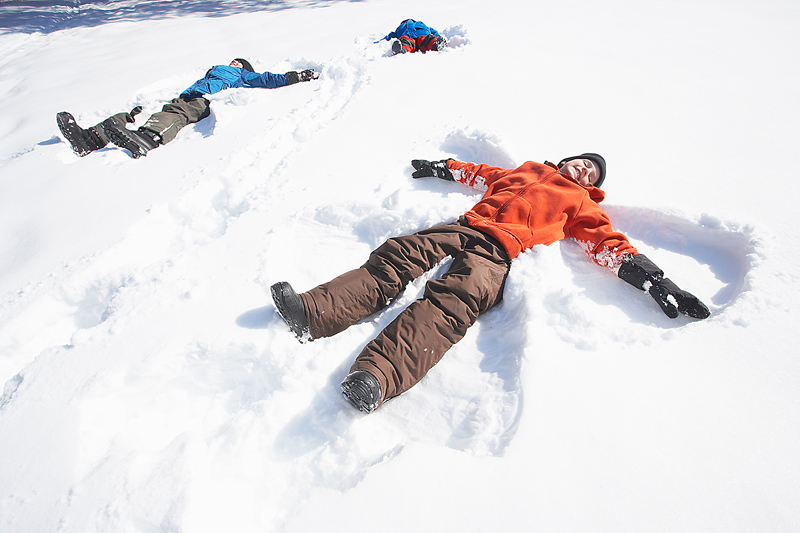
MONDAY, Nov. 1 (HealthDay News) — Most teens who engage in oral sex for the first time will have vaginal intercourse within six months, a new poll indicates.
And half the teens who initiate oral sex in ninth grade will have vaginal intercourse before the end of junior year, the survey of California high school students finds.
“Oral sex among adolescents happens,” said study lead author Anna V. Song, an assistant professor in the school of social sciences, humanities, and arts at the University of California, Merced. “But there’s two contradictory ways it can go from there: There’s the possibility that for adolescents oral sex is a gateway to vaginal sex, or instead that it’s being used to stave off vaginal sex.”
What the researchers actually found was less clear-cut. “Most of the kids report that they’re having oral sex and intercourse for the very first time within the same six months,” Song said.
Freshman and sophomore years appear to be the critical time period. “Among those who initiate oral sex between 9th and 10th grade, we found that oral sex is significantly related to vaginal sex,” she noted. “But once you get through that particular period, that relationship is not there anymore. And that’s also true among kids who initiate oral sex before the 9th grade. They are also no more or less likely to engage in vaginal sex.”
So, while kids may think of oral sex as “low risk” with respect to sexually transmitted diseases and pregnancy, its initiation may have a strong predictive tie to future high-risk activities. This finding should guide sex-education and preventive health programs directed toward teens, the authors said.
The study, partially funded by the U.S. National Institute of Child Health and Human Development, is published online Nov. 1 ahead of print in the Archives of Pediatric Adolescent Medicine.
Between 2002 and 2005, Song and a colleague, Bonnie L. Halpern-Felsher, a professor in the division of adolescent medicine at the University of California, San Francisco, surveyed students attending two northern California public high schools.
Almost 630 participants completed an initial sexual behavior questionnaire at the start of ninth grade, when they were 14 years old. Nearly 75 percent continued to respond to subsequent surveys every sixth months thereafter, up until the end of 11th grade.
Approximately 40 percent were white, 16 percent Latino, 22 percent Asian or Pacific Islander, 3 percent black, and 20 percent multi-ethnic or other ethnicity.
Of the initial survey group, about one-fifth had initiated oral sex and 71 students had had vaginal intercourse before the start of ninth grade.
But for all ages, oral sex was twice as likely to precede the initiation of intercourse rather than the other way around.
Teens who had engaged in oral sex by the end of ninth grade were at the highest risk of engaging in vaginal intercourse during high school, with a quarter going on to have intercourse by the end of ninth grade and half doing so by the end of 11th grade. Only about 9 percent of those teens abstained from vaginal intercourse through 11th grade. Most paired the two activities within the same six-month period.
By contrast, teens who delayed having oral sex until the end of 11th grade had a 57 percent change of avoiding vaginal intercourse through 11th grade. This could mean that teens who delay oral sex are more likely to delay vaginal sex as well, the authors said.
With the caveat that blacks were not well-represented, the authors said neither ethnicity, gender nor socio-economic background affected the results.
The authors said teens need to be better educated about the implications of oral sex.
“First, we simply need to talk to teens about sex more,” Halpern-Felsher said. “And second, when we talk to teens we need to be more explicit. Because if you talk to an adolescent only about ‘sex,’ what that means to them is just vaginal sex. But clearly there’s a whole progression of sexual behaviors at work even if teens think that oral sex is a way to have some sort of sex without having actual sex.”
“We can’t be embarrassed about it,” Halpern-Felsher said. “It’s just too important.”
More information
For more on adolescents and sexuality, visit TeensHealth.

